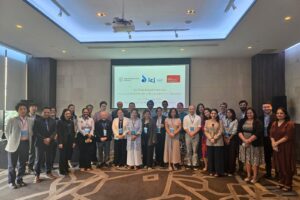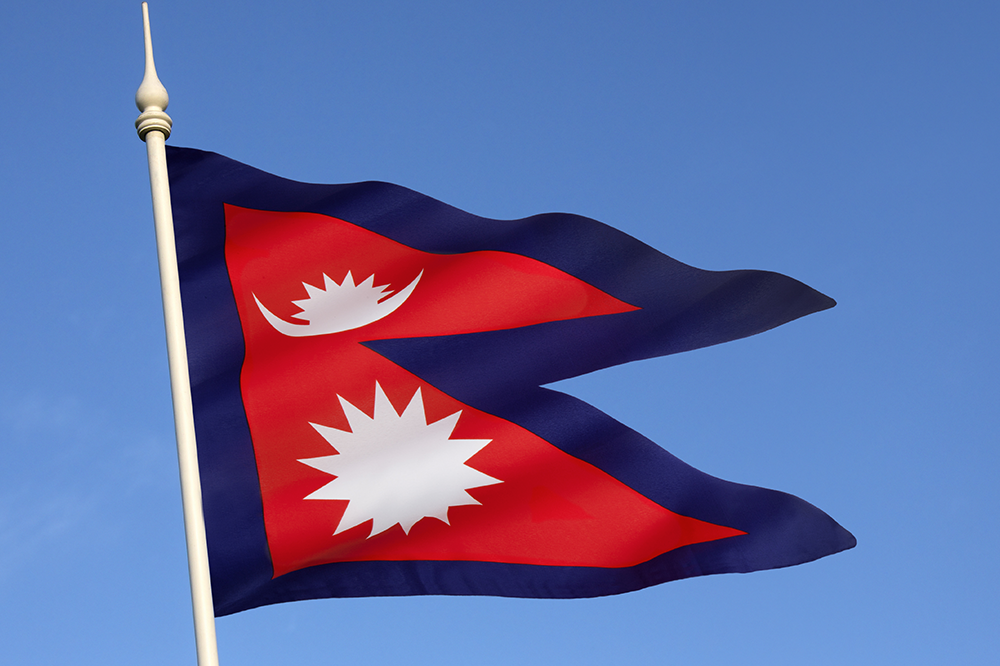
May 9, 2022 | News
On the 30th of April the International Commission of Jurists (ICJ), in collaboration of the High Court Bar Association, Nepalgunj, Lumbini Province held a workshop on the potential for strategic litigation in Nepal as a tool to ensure the realization of the right to education. The workshop focused on international human rights law and standards relating to the right to education, such as the Abidjan Principles on the human rights obligations of States to provide public education and to regulate private involvement in education (the Abidjan Principles), and those emerging from the jurisprudence of the Committee on Economic, Social and Cultural Rights (CESCR) under International Covenant on Economic, Social and Cultural Rights (ICESCR).
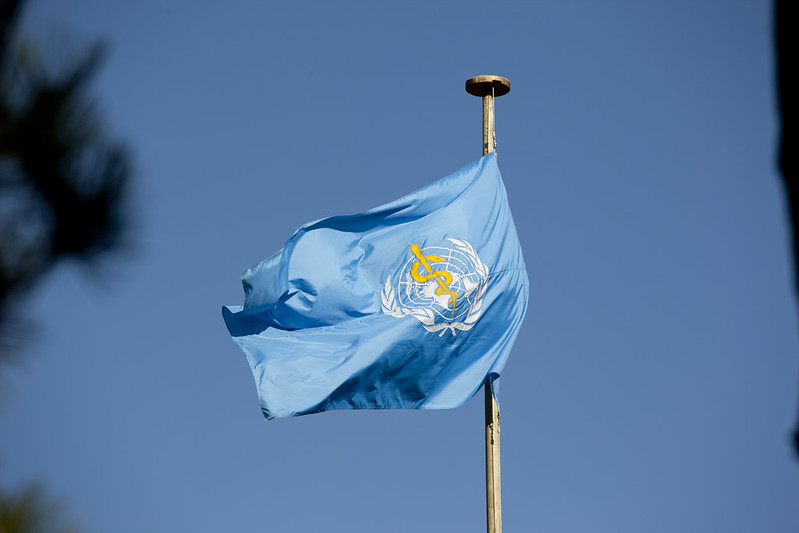
Apr 12, 2022 | News
Today, the World Health Organization (WHO) Intergovernmental Negotiating Body (“INB”) for the Pandemic Treaty begins a two day public hearing on the substantive elements that should be included in the treaty which has begun negotiating this year. A new briefing published today by the informal Civil Society Alliance for Human Rights (“Alliance”), of which the ICJ is a member, raises substantial concerns about the nature and participatory range of public consultations proposed by the INB.

Mar 7, 2022 | News
The Mexican authorities should commit to a firm timeline for a consultative process with a view to ensuring effective review and modification of domestic legislation to guarantee that persons with disabilities have legal capacity to exercise their rights on an equal basis with others, the ICJ emphasized in a submission to the Committee on the Rights of Persons with Disabilities
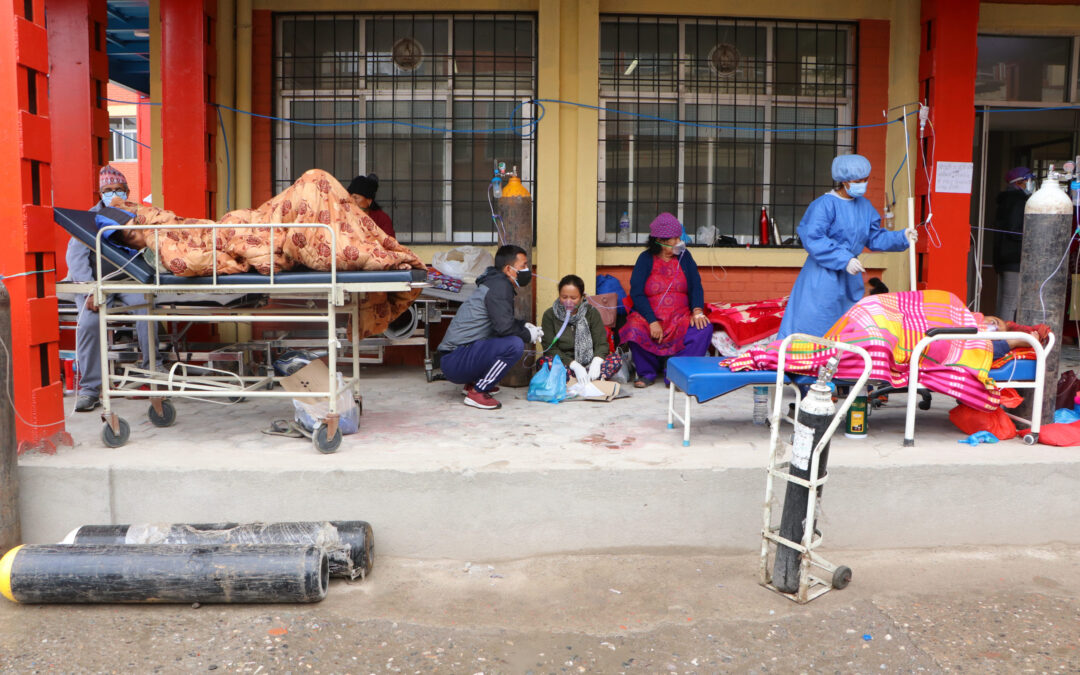
Feb 9, 2022 | News
Nepal authorities must immediately comply with the Supreme Court’s directives on measures to ensure equal access to COVID health services, the International Commission of Jurists (ICJ) said today.
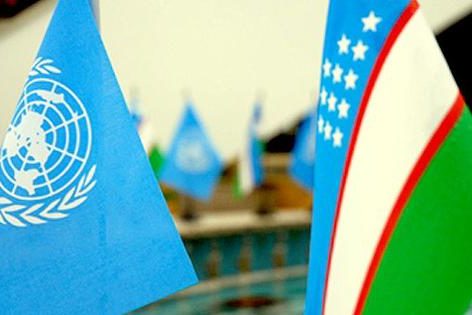
Jan 19, 2022 | Advocacy, Non-legal submissions
International human rights law and standards, including on economic, social and cultural rights, should become a governing framework for the ongoing programme of reforms in Uzbekistan, said the ICJ in its submission to the UN Committee on Economic, Social and Cultural Rights (CESCR). Reforms should aim at ensuring compliance with international law obligations, including on issues of equality and non-discrimination, housing, healthcare, labour rights, access to justice and remedies in cases of violations of ESC rights.






